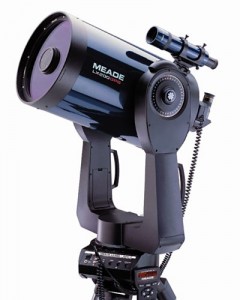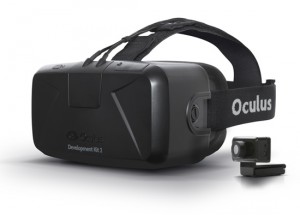Here’s my list of Honours projects for 2018. If you are keen to do one of these, please email me or drop by to discuss.
1. University of Auckland Ground Station 1
The University’s first CubeSat mission is scheduled to fly late 2018. We have a ground station on top of the Physics building to communicate with satellites. This station requires final calibration and testing, and development of corresponding control and analysis software. This work will be done in conjunction with the Auckland Programme for Space Systems, using the new APSS laboratories on Symonds Street and the Department of Physics Electronics Laboratory. You will be working with students and staff in the Faculty of Engineering, as well as in the Faculty of Science. You will also assist in the preparation to communicate with the first APSS satellite mission via the Defence Technology Agency’s ground station, working with DTA staff to ensure a smooth connection between the DTA systems and the University network.
This will be of interest to you if:
- you have a reasonable grasp of radio communications,
- good electronics / lab skills,
- good computer network skills,
- excellent written and oral communication skills,
- an interest in space system hardware.
2. Hauraki Gulf Space Observation Honours Projects
2a. Geosynchronous CubeSat Feasibility Study
This will be of interest to you if:
- you have an interest in space system mission design,
- good electronics / optics skills,
- familiarity with signal processing and data analysis,
- excellent written and oral communication skills.
2b. Earth Observation Satellite Data Analysis
This will be of interest to you if:
- you have an interest space-based data analysis,
- very good programming skills,
- familiarity with image analysis,
- excellent written and oral communication skills.
3. Design a UV space telescope mission to detect intermediate mass black holes
Intermediate mass black holes are theorised to exist in our Galaxy. They are difficult to detect, however. One channel for discovery is by looking for tidal disruption flares (TDFs), wherein a companion to a black hole is disrupted the the gravitational distortion of the BH and emits bursts of radiation. These transient events are highly energetic, but emit most of the radiation in the UV, making ground-based observations only sensitive to the brightest events. This project will be to design a small satellite to make UV observations from space, in order to detect fainter TDFs. You will be working with colleagues at The University of Warsaw.
This will be of interest to you if:
- you have an interest in space system mission design,
- you have a good background in — or at least a strong interest in — astronomy or astrophysics,
- good electronics / optics skills,
- excellent written and oral communication skills.
4. Astronomical Seeing Measurements in the Greater Auckland Area.
One of the Department’s 40 cm Meade telescopes has been converted into a seeing monitor. Seeing is a measure of atmospheric turbulence. This project will involve the student making seeing observations at various sites in the Greater Auckland area, analysing the results and publishing these. The student will have to be comfortable working at night, and have a full driver’s licence. You will make seeing measurements using the dedicated software written for the instrument, as well as a commercial seeing analysis package and compare the results.
This will be of interest to you if:
- you have an interest in astronomy,
- very good programming skills,
- familiarity with image analysis,
- excellent written and oral communication skills.
5. Multidimensional Dataset Visualisation with an Oculus Rift
This project will require the student to investigate multidimensional astronomical datasets using an Oculus Rift. Students should have a high level of programming ability. You will be using the iViz visualisation software from Virtualitics (no experience necessary).
This will be of interest to you if:
- you have an interest in data analysis, and human-computer interaction,
- excellent programming skills,
- excellent written and oral communication skills.


